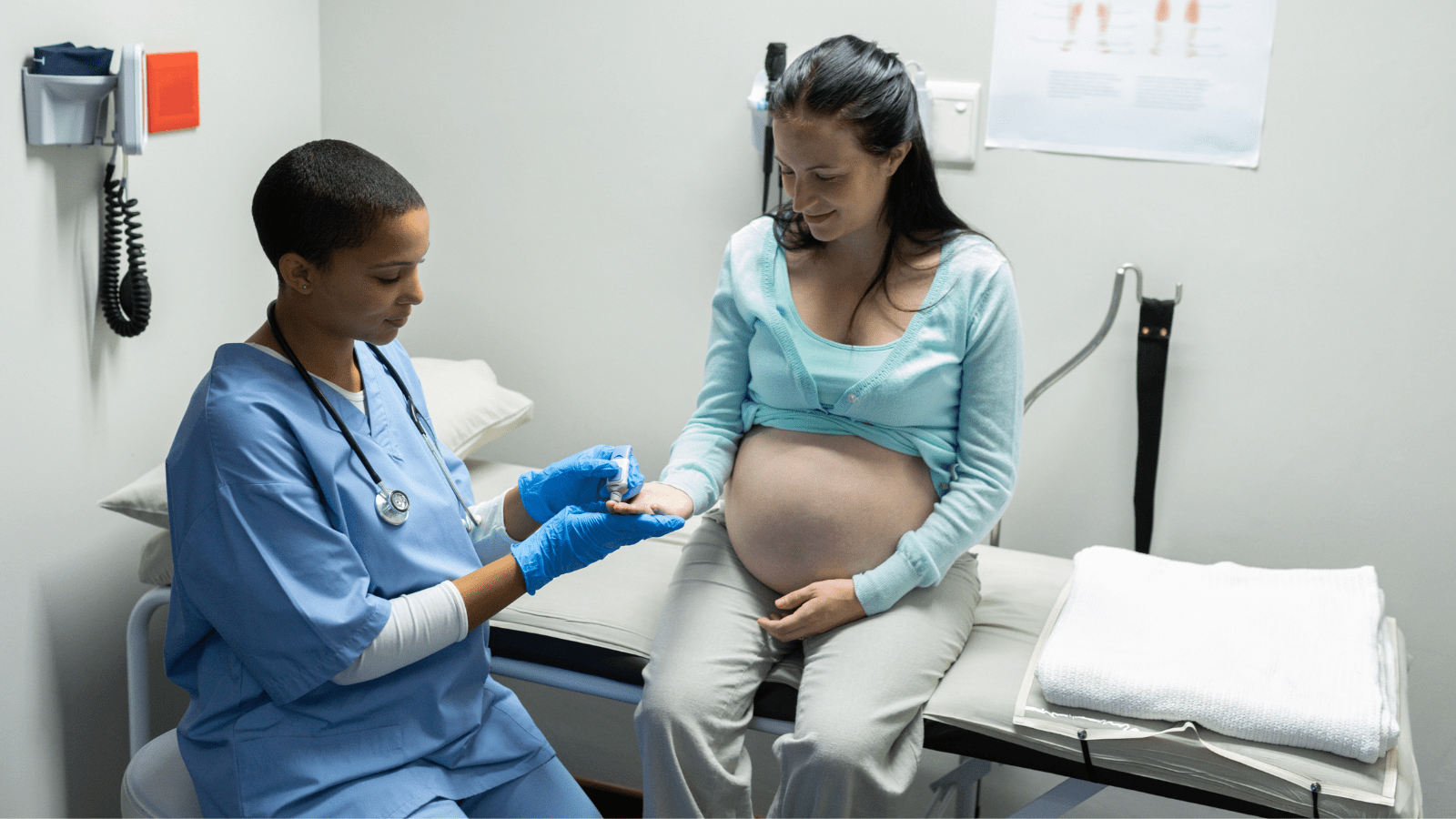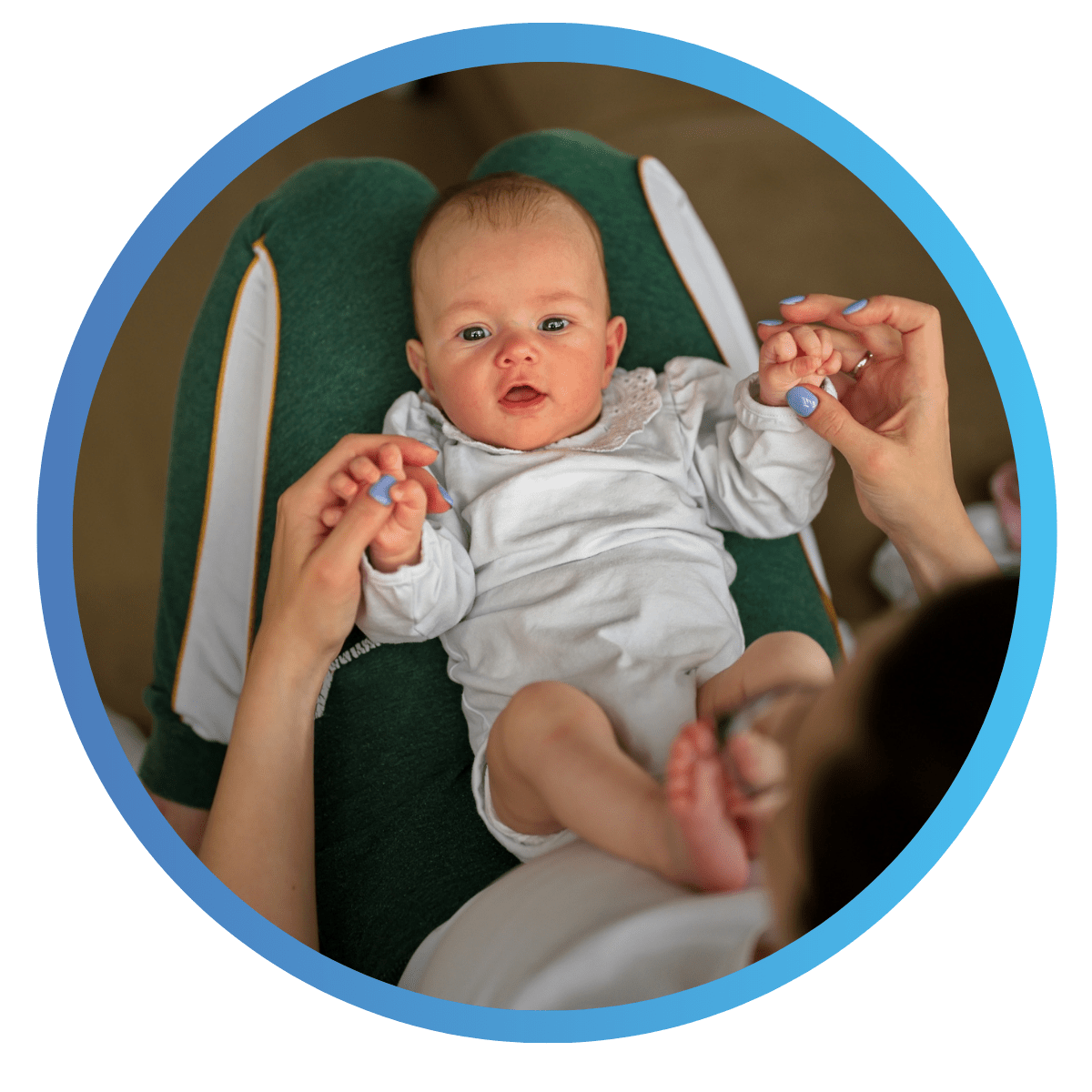
 “Being a part of environmental research allows us to contribute in our own small way to addressing one of the major issues facing society,” says Fanny, a mother who has been participating in the SEPAGES cohort for nearly nine years, making her crucial to ATHLETE’s work. She is one of 484 women, who alongside their partners and babies, are offering researchers an unprecedented window into how environmental exposures shape human health.
“Being a part of environmental research allows us to contribute in our own small way to addressing one of the major issues facing society,” says Fanny, a mother who has been participating in the SEPAGES cohort for nearly nine years, making her crucial to ATHLETE’s work. She is one of 484 women, who alongside their partners and babies, are offering researchers an unprecedented window into how environmental exposures shape human health.
They make up the SEPAGES cohort, based in the Grenoble region of France. Researchers from Inserm and Grenoble Alpes University Hospital followed these families from early pregnancy through to the child’s first years of life monitoring key environmental and health factors.
Cohort studies are key platforms for public health research. Thanks to these cohorts, we can conduct ambitious European science. Data from the SEPAGES cohort has already shown that most of the women (during pregnancy) and the children (during the first year of life) were exposed to a cocktail of chemical pollutants. It also showed that some of these chemicals could affect the placenta, a key organ for fetal development.
These are only some of the findings made possible by this cohort, other studies can be found on the SEPAGES website. Over the last five years,18 cohorts across Europe like SEPAGES, made up of 80,000 mothers and their children, contributed to research in the ATHLETE project.
Due to Fanny’s participation in this research, she now wants to see policymakers taking action to address these environmental pollutants and “support laws to limit or even ban the use of certain harmful chemicals”.

“Studies using data from SEPAGES are gradually raising awareness about public health issues and how we can protect our future and that of our children,” She adds. Funding these cohorts needs to be a priority for policymakers to support policies that protect child health across Europe, according to SEPAGES researchers.
Taking part in this type of research also benefits cohort participants, giving them the opportunity to reflect on their environment as well – the products they use to clean their home and the food that they feed their children. “Participating in the study allows us to question some of our behaviours, and what better time to do so than when a first child arrives in the home,” says Fanny.
She recommends others to join, saying that this gives them an opportunity to act on environmental health: “We cannot always just suffer or complain without getting involved in some way to change practices.”